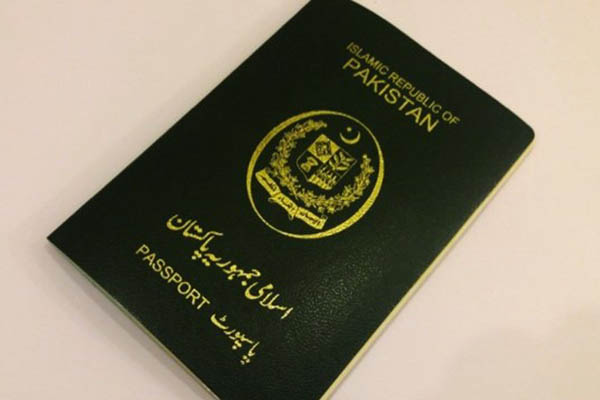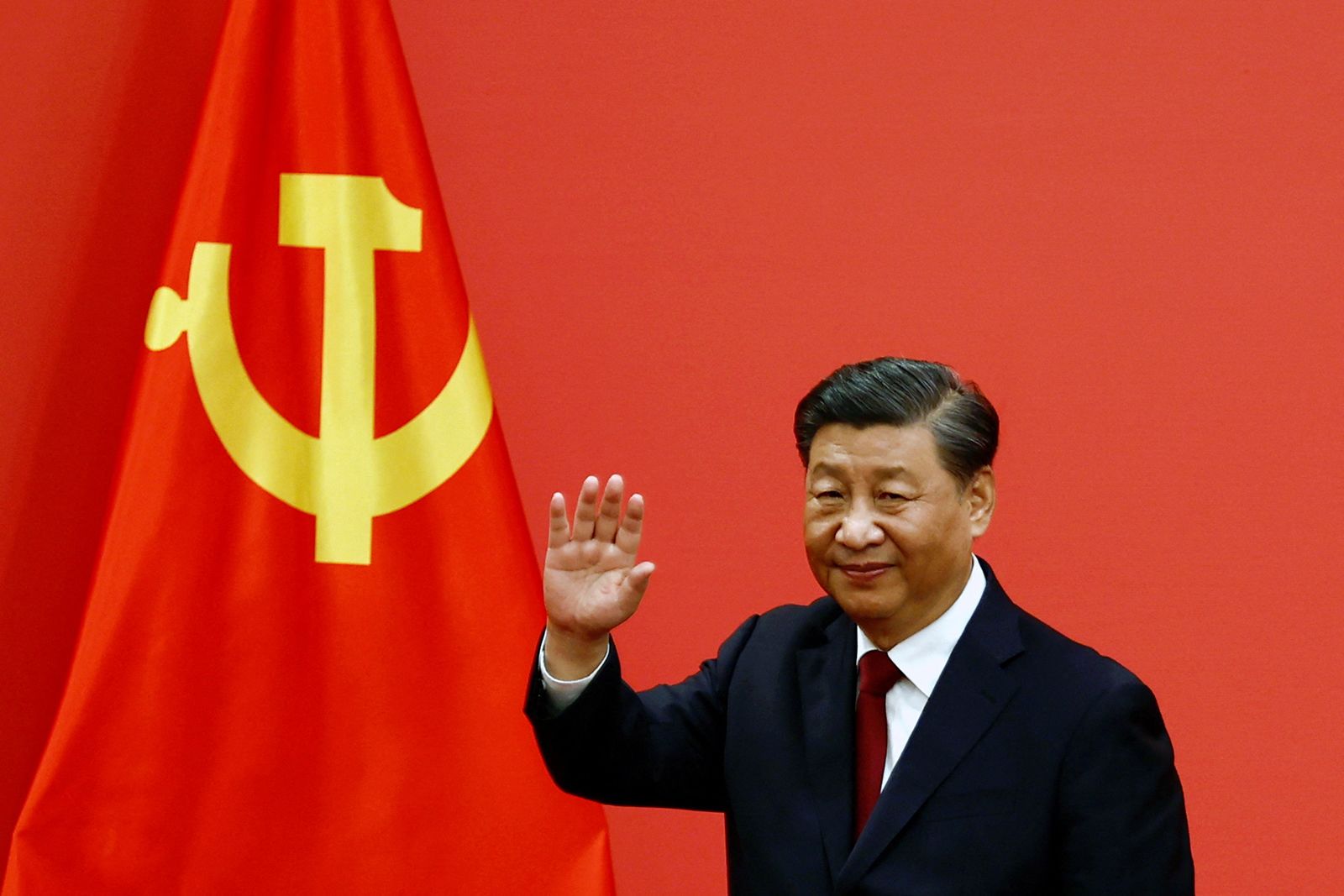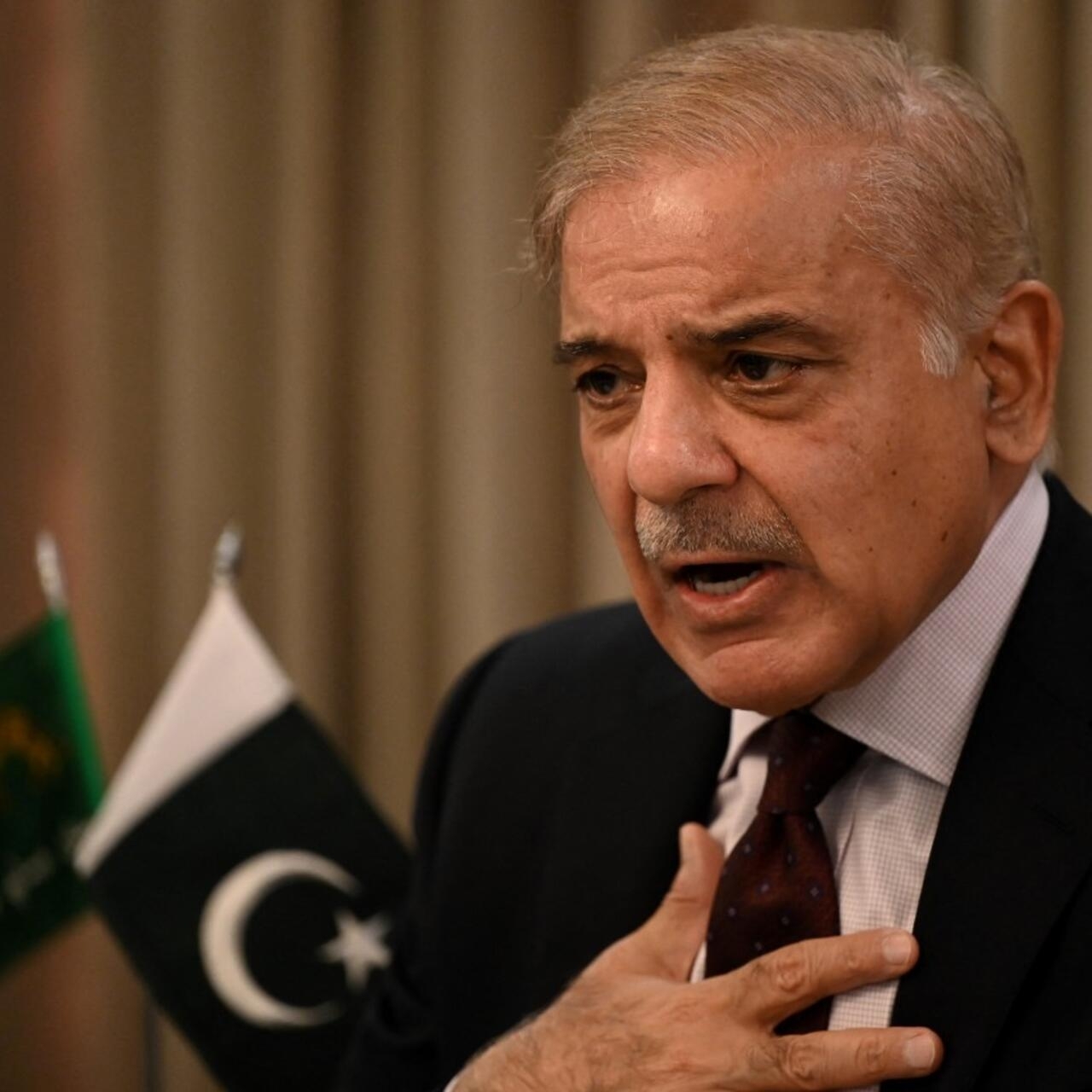World
Pakistani passport ranks below North Korean passport

The global gap in travel freedom is at its widest point ever and continues to expand due to the entry barriers in the wake of the coronavirus pandemic, according to residence and citizenship planning firm Henley & Partners. The firm’s Henley Passport Index has ranked all passports according to the number of destinations their holders can access without a prior visa.
The index, however, doesn’t take into account the temporary travel restrictions imposed by the countries due to Covid-19. Japan and Singapore are at the top of the Henley Passport Index with both countries having a visa-free score of 192, which means holders of passports of these two countries can travel to 192 countries without a prior visa.
Passports of Afghanistan, Iraq, Syria, Pakistan, and Yemen are among the least powerful. Indian passports are ranked 90, along with Burkina Faso and Tajikistan, as the passport holders of these three countries can access 58 countries without a prior visa.
The passport ranking is based on the analysis of exclusive data from the International Air Transport Association (IATA). Henley & Partners’ global mobility report suggests that many countries in the global south have relaxed border restrictions to revive their economies but countries in the global north, with some of the most stringent inbound travel restrictions, haven’t reciprocated in the same manner.
World
Censors in China publish an open letter opposing Xi

A day after the message went viral for criticising Beijing’s relentless COVID-19 policy, China has banned a public post on its all-encompassing platform WeChat. The “10 Questions” article revealed escalating discontent among the Chinese people with government policy.
The open letter, which was posted on the app on Tuesday, has gotten over 100,000 views. Additionally, according to Newsweek, many of the Author’s opinions appeared to be shared by other users and looked to be motivated by feelings of loneliness in contrast to the happy images at the FIFA World Cup being held in Qatar.
China is battling to eradicate communal transmission
Nearly three years into the epidemic, China is still the sole large economy battling to eradicate every incidence of community transmission of the coronavirus. In an apparent trade-off for social stability, President Xi Jinping’s “Dynamic zero COVID” public health plan is apparently severely straining the economy and the livelihoods of Chinese residents.
Wednesday saw 31,444 new illnesses registered nationwide by China’s National Health Commission, a number that is modest by worldwide standards but represents a record high for the Chinese government. Serious cases are still uncommon, and deaths are much less common—only one fatality was reported in the same 24-hour period.
In key Chinese cities, including the capital Beijing, new field hospitals and sizable centralised quarantine facilities are still being built, according to the Newsweek story. A quarter of China’s 1.4 billion people are currently residing under some sort of lockdown.
According to reports, a “normal person” questioned the amount of state resources allocated to documenting COVID instances as opposed to promoting the effectiveness of medicines in the viral WeChat post. The author also expressed worry over China’s refusal to permit Hong Kong to reopen in September in spite of objections from the senior population of the area.
Chinese unrest being fueled by the FIFA World Cup?
Although Chinese national team hasn’t participated in the competition in 20 years, and in this case, they also missed out on world cup qualification. It last achieved qualification in 2002 at the edition of the competition jointly hosted by Japan and South Korea. Furthermore, the tournament’s start on Sunday seemed to hit a chord with the disgruntled Chinese citizens as Weibo users juxtaposed images of Qatari soccer fans rejoicing with Chinese health workers donning hazmat suits. Russia’s senior envoy to Beijing stated this week that President Xi Jinping would travel there in 2023.
World
By 2040, Bangladesh’s GDP is on course to reach one trillion dollars

According to Boston Consulting Group, Bangladesh is on track to have a $1 trillion economy by 2040 because to consumer confidence, innovation in growing economic sectors, and a youthful, motivated workforce.
According to a BCG analysis issued on Friday, the South Asian country has beaten rivals including India, Indonesia, Vietnam, the Philippines, and Thailand with average annual growth of 6.4% between 2016 and 2021.
The domestic consumer market in Bangladesh is expected to grow to be the ninth-largest in the world.
The survey also said that between 2020 and 2025, a quickly growing middle class and wealthy class are expected to increase significantly, with a thriving gig economy supporting a workforce where the median age is just 28.
According to BCG, “the nation could have easily been eclipsed by its neighbour to the northeast, China, or its continental relative to the west, India, yet Bangladesh stands strong in this area of economic powerhouses.”
In 2015, Bangladesh moved up the income scale from poor to lower-middle income. Bangladesh’s GDP per capita is already larger than its neighbour, even though it is five years later than India. By 2031, the country hopes to reach upper middle income status.
Problems still exist. According to BCG, current liquidity concerns, foreign exchange volatility, and inflationary pressures might temporarily limit GDP. However, Bangladesh has made steps to set up its $416 billion economy for a prosperous few decades, provided it keeps its annual growth rate around 5%.
57% of respondents to a BCG study “continue to feel that the next generation would have better lifestyles than themselves, especially as the country moves to a skill-based economy,” according to the analysis of the survey results.
Although the economy is expected to see some near-term turbulence, the research stated that it is certain that this highly resilient economy will continue to exhibit solid growth over the long run.
World
Prime Minister Shahbaz Sharif chooses Asim Munir in Pakistan

Lieutenant General Asim Munir, a former head of the ISI, has been chosen by Prime Minister Shahbaz Sharif to lead Pakistan’s army. General Qamar Jawed Bajwa, the current commander, will step down on November 29 after obtaining a three-year extension. The Joint Chiefs of Staff Committee’s chairman has also been chosen, Lt. Gen. Sahir Shamshad Mirza (CJCSC).
The announcement was made on Twitter by Marriyum Aurangzeb, minister of information. “Using constitutional power, Pakistan’s Prime Minister, Muhammad Shehbaz Sharif, has decided to propose Lt. Gen. Sahir Shamshad Mirza as Chairman of the Joint Chiefs of Staff and Lt. Gen. Syed Asim Munir as Chief of the Army Staff,” said Aurangzeb on Twitter. The President of Pakistan has received an overview of this.
Minutes after the news broke, Defense Minister Khawaja Asif assured the media that the situation had been handled in line with the law and the Constitution. He emphasised that in order to prevent a “controversy,” president Arif Alvi should take the premier’s advice. He expressed the hope that President Arif Alvi will support the recommendations of the administration and refrain from making the selections “controversial.”
After getting a summary, President Arif Alvi would talk about the situation with former Prime Minister Imran Khan, according to Khawaja Asif. President Alvi is a founder member of Pakistan Tehreek-i-Insaf, Imran Khan’s political party (PTI). The present administration worries that he would not agree with the choice of the new army chief.
President Arif Alvi, according to Imran Khan, would contact him before appointing a new army commander. The president will “absolutely” discuss the position with him, he had earlier stated. “I and the president of Pakistan will act in accordance with the Constitution and laws when the moment comes,” he declared.
Asim Munir, who is he?
The Inter-Services Intelligence (ISI) was led by Lt Gen Asim Munir when tensions between India and Pakistan reached their zenith in February 2019. A gathering organised by Imran Khan has been scheduled for November 26 in Rawalpindi, two days before General Bajwa hands the reins over to the next Army head. When tensions between India and Pakistan reached their peak following the Pulwama terror attack in February 2019, which resulted in the deaths of 40 CRPF members, he served as the director of the Inter-Services Intelligence (ISI).
-

 Fact Check5 years ago
Fact Check5 years agoNidhi Razdan, fake Harvard professorship, and here is the explanation through her blog.
-

 India4 years ago
India4 years agoAs the arrangement with Prashant Kishor falls through Rahul Gandhi has gone overseas again and is uncontactable
-

 Technology4 years ago
Technology4 years agoBSNL reveals all new 4G plans starting at ₹16
-

 Latest News5 years ago
Latest News5 years agoGovernment has spent ₹9,725 crores on Covid-19 vaccination drive so far
-

 Latest News4 years ago
Latest News4 years agoTata wins Air India with ₹18,000 crore bid
-

 Latest News4 years ago
Latest News4 years agoJharkhand government cuts Petrol price by massive ₹25 a litre but with a catch
-

 Latest News5 years ago
Latest News5 years agoRaj Kundra Gave ₹25 Lakh Bribe to Mumbai Crime Branch to Avoid Arrest
-

 Navi Mumbai5 years ago
Navi Mumbai5 years agoNavi Mumbai civic body raids and tests morning walkers, many found COVID positive
















